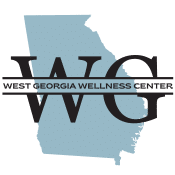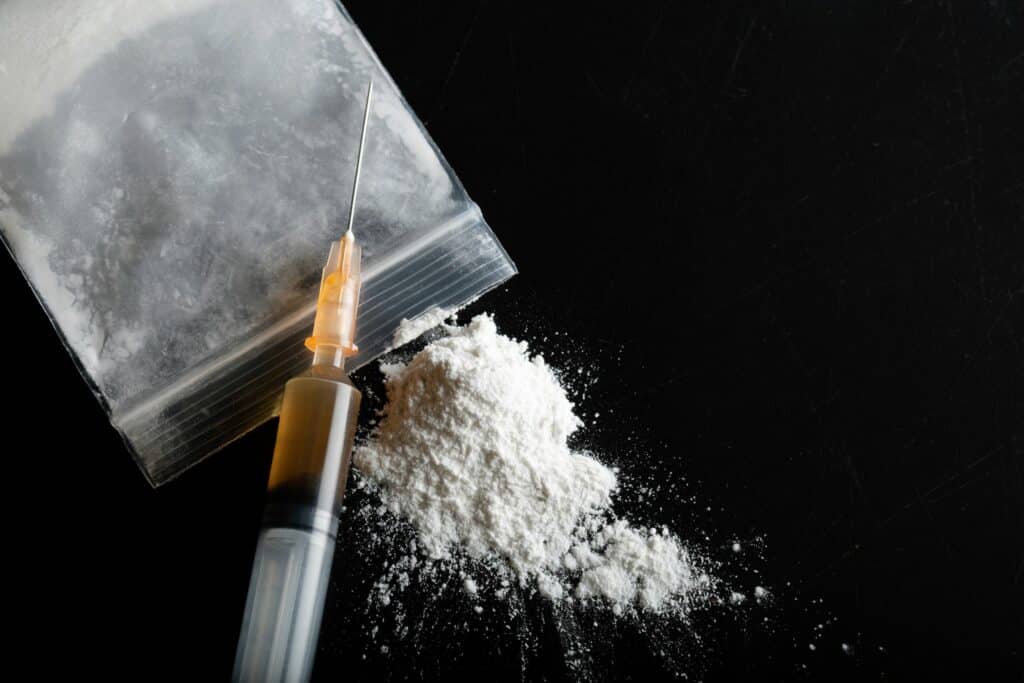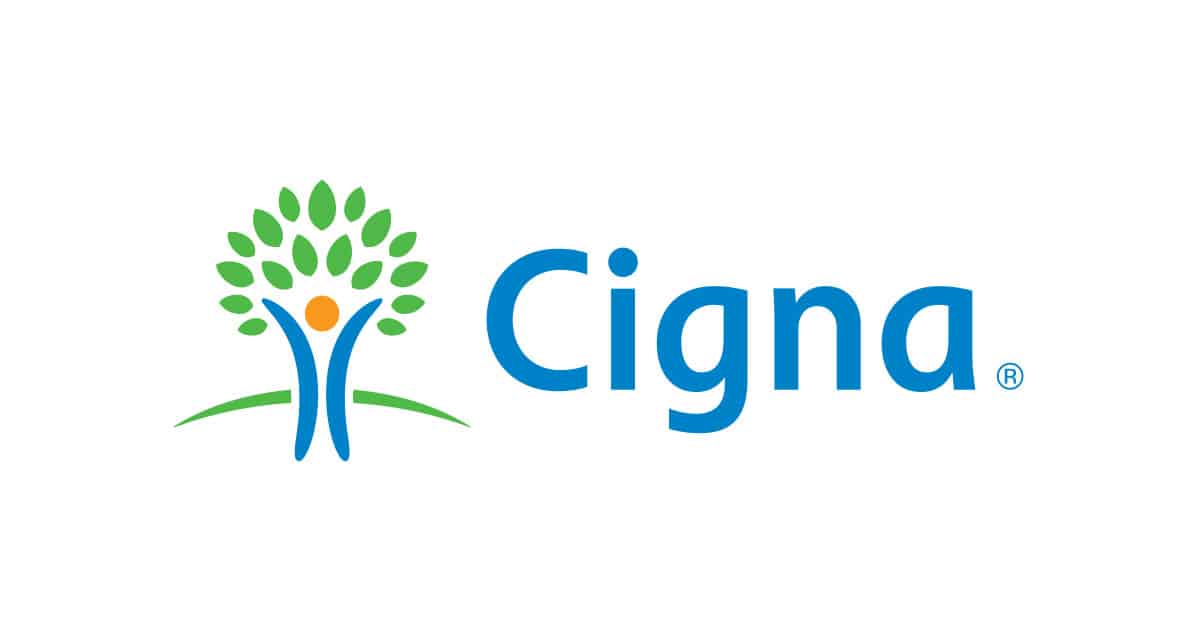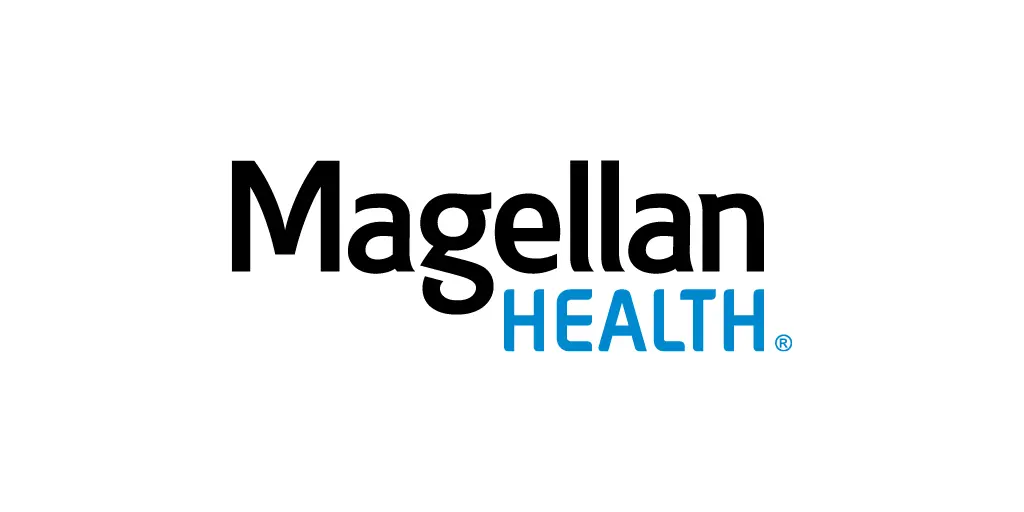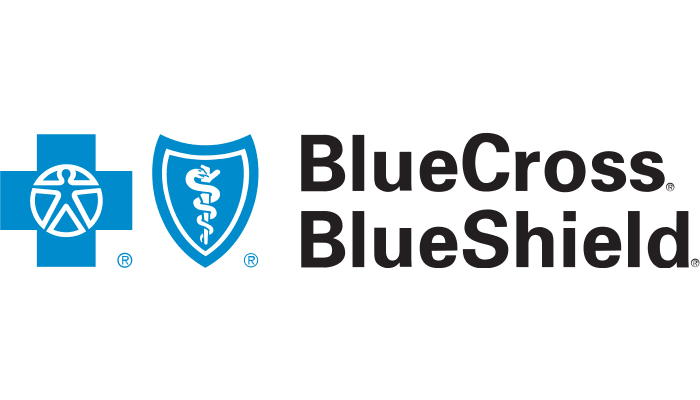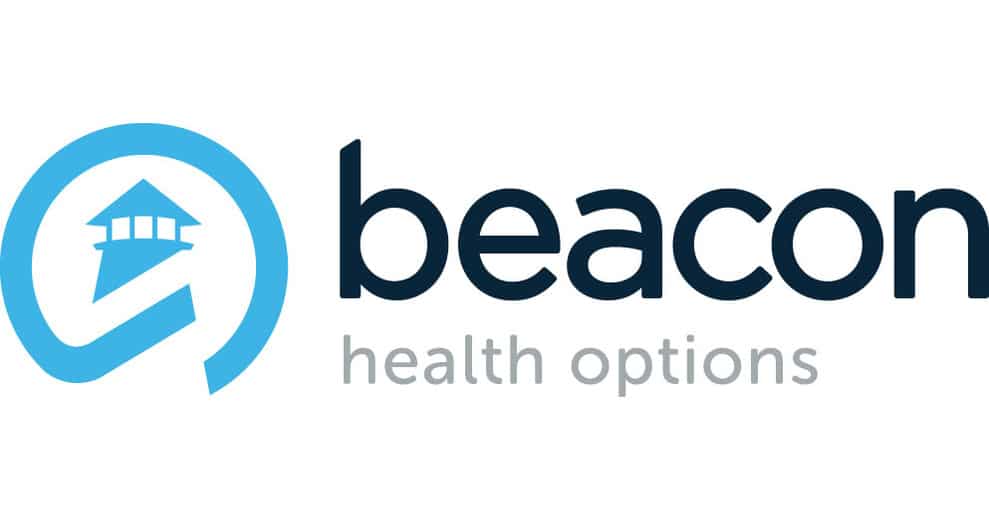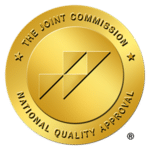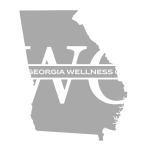Table of Contents
Almost a million Americans have tried heroin in 2021, with over half of them grappling with a dependence on the drug. This stark number underscores heroin’s highly addictive nature. Those who find themselves caught in its grasp often witness profound shifts in their health and personal lives. Thankfully, treatment for heroin addiction can pave the way to a better quality of life and freedom from dependence.
If you or a loved one is struggling with heroin addiction, we offer heroin addiction treatment in Atlanta, GA that provides the support and treatment needed to overcome this devastating disease. Our experienced team of professionals offers comprehensive care, including detoxification, counseling, and therapy, all within a safe and nurturing environment. We understand the unique challenges associated with heroin addiction and are dedicated to helping individuals achieve lasting recovery, rebuild their lives, and restore happiness and health.
Continue reading to gain insights into heroin addiction, how to spot signs of dependence in yourself or someone close to you, and the range of successful treatment options available.
What is Heroin?
Heroin is a potent opioid known for delivering a deep sense of euphoria. It’s labeled as a depressant and falls under the Schedule I category, meaning it’s considered to have a high potential for abuse with no legitimate medical use. Derived from morphine extracted from certain poppy plants, its roots can be traced back to regions like Southeast and Southwest Asia, Colombia, and Mexico. Despite its origins, heroin has found its way onto streets across America.
Often referred to by nicknames like H, horse, smack, or hell dust, heroin typically presents as a white or brownish powder. It’s not uncommon for it to be mixed or “cut” with substances such as baby powder or cornstarch. There’s also a sticky version known as black tar. Users have a choice in their method of consumption: they can snort, smoke, or dissolve it in water to inject.
Once taken, heroin latches onto the brain’s opioid receptors, changing the way one perceives pain and inducing profound pleasure. The ensuing flood of dopamine in the brain’s reward pathways makes the experience intensely satisfying, often leading users to develop a relentless drive to relive that sensation.
The U.S. government classifies heroin as a Schedule I drug, indicating it has no recognized medical benefits and carries a significant risk of abuse and dependency. The intense “rush” felt as heroin quickly crosses into the brain and stimulates the opioid receptors is a key factor behind its addictive nature.
Buying heroin off the street is a gamble. You can never be certain of its purity or what it might be mixed with. Unscrupulous dealers might blend heroin with harmful substances like toxins or pesticides, heightening the chances of an overdose.
How Heroin Works
When heroin reaches the brain, it triggers a dopamine rush. This intense flood of dopamine is what creates the euphoria associated with heroin use. But it’s also what makes the drug so perilous and addictive. Heroin manipulates the brain’s natural reward system, originally designed to encourage beneficial behaviors like physical activity. Over time, heroin can become the dominant focus, redirecting an individual’s entire drive and determination towards obtaining and consuming the drug.
For many who become addicted, their overall well-being takes a backseat. While our brains have been wired over time to reward us for activities like exercising, heroin overrides this system. If you’re delving into this topic, you probably already have a grasp on the profound impact of heroin addiction.
The Effects of Heroin
Heroin can be consumed in various ways, including intravenous injection, smoking, or snorting. Over the past few decades, the potency of heroin has significantly increased, making it possible for novices to experience its effects just by snorting its powdered form. This unfortunately made the drug more appealing to individuals who may have been deterred by the idea of using a needle.
The consequences of heroin usage are multifaceted and can be classified into immediate and long-term physical effects, as well as behavioral indicators.
Short-term physical effects include::
- Intense itchiness
- Profuse sweating
- Dryness of the mouth
- Episodes of nausea and potential vomiting
- Drowsiness, often referred to as “nodding off”
- Foggy thinking and diminished cognitive capabilities
Behavioral indications of use include:
- Excessive sweating
- “Nodding off” episodes
- Inattentiveness or spacing out
- Continuous skin scratching
- A nasal tone in voice due to throat muscle relaxation
Long-term physical effects include:
- Development of abscesses
- Collapsing of veins from frequent injection
- Sexual issues
- Diseases affecting the liver and kidneys
- Heart lining or valve infections
- Digestive issues like constipation and stomach cramps
- Respiratory problems, including conditions like pneumonia
Signs and Symptoms of a Heroin Addiction
Regular heroin consumption can lead to a tolerance, where individuals need increasing amounts of the drug to achieve the desired high. This heightened tolerance often paves the way to addiction, making cessation difficult due to physical and psychological reliance.
There are common signs associated with substance dependence, as drug addictions can gravely harm one’s overall state and quality of life. Potential indicators of heroin dependence are:
- Mood fluctuations and changed behaviors
- Reduced focus and diminished interest in hobbies
- Social withdrawal, or mingling with heroin-using acquaintances
- Distancing from family and friends, possibly stemming from guilt or embarrassment
- Resorting to theft or illicit activities to support the drug habit
- Declining work performance or the inability to maintain steady employment
- Persistent thoughts of acquiring or consuming heroin
- Concealing injection sites by wearing long-sleeved outfits, irrespective of the weather
- Neglecting responsibilities and priorities
- Persistent use despite evident adverse effects on health and relationships
- Stockpiling items associated with heroin use, such as needles, spoons, foils, and lighters
- Visible injection marks, commonly on the elbows’ inner creases, hands, feet, or legs
- Poor personal hygiene maintenance
- Displaying hostility or aggressive tendencies
When a person becomes addicted to heroin, they’ll find it challenging to quit even when they experience various negative consequences. Heroin dependency has unique symptoms which include:
- Intense itchiness
- Alternating between wakefulness and drowsiness
- Heightened levels of depression and anxiety
- Deterioration of pre-existing mental health conditions
- Sleep irregularities
- Skin turning flushed or red
- Nausea or episodes of vomiting
- A weighted sensation in the limbs
Risk Factors and Causes of Heroin Addiction
Heroin addiction doesn’t have a singular cause. Rather, it’s a complex interplay of various elements that could push someone towards the path of addiction. Here are some potential reasons and risk factors:
- Genetic Predisposition: While genetics alone won’t cause heroin addiction, it can amplify the risks. Someone with a family history of addiction, particularly if they have a close relative with a substance use issue, might be more vulnerable. Also, specific personality traits can make individuals more susceptible to addiction once they’ve tried heroin.
- Brain Chemistry: Habitual heroin use alters brain functioning. It reconfigures the way our brain experiences joy. Over time and with repeated usage, nerve cells undergo changes, leading to an increased dependency on the drug to fill the gap of depleted neurotransmitters. Prolonged use can also diminish one’s cognitive abilities, impacting impulse control, information processing, and communication. Such impairments can jeopardize personal and others’ safety.
- Mental Health Issues: Some individuals turn to heroin as a makeshift solution to mental health challenges. While it might offer a fleeting respite from painful emotions or symptoms, it often exacerbates mental health issues over time.
- Environmental Influences: Our surroundings and social circles can significantly impact our choices. Peer pressure, societal exposure to drugs, and even family beliefs can steer someone towards heroin use. For instance, someone might feel the urge to try heroin if their friends are using it, simply to fit in.
- Emotional Triggers: Feelings of isolation or overwhelming stress can make people seek solace in substances like heroin. Once they experience a temporary reprieve from these emotions, they might increasingly lean on heroin as a coping mechanism.
- Prior Substance Use: Past engagements with addictive substances, especially opioids or prescription medications, can pave the way for heroin addiction. Such prior usage sensitizes the brain’s opioid receptors, making it susceptible to heroin’s effects. This can reignite past cravings, potentially leading to relapses and heightening the risk of multiple addictions.
- Additional Factors: Other contributors to heroin addiction might include traumatic experiences, a shortage of social connections, or low self-worth. The convergence of several of these factors can amplify the risk of developing a heroin addiction.
It’s crucial to remember that once trapped in the grip of heroin addiction, breaking free usually requires professional intervention. If you or a loved on is struggling with heroin addiction in Atlanta, GA, call West Georgia Wellness Center today to begin your comprehensive and evidenced-based heroin addiction treatment.
Heroin Overdose
If someone is suffering from a heroin overdose, they may exhibit various alarming signs. The most telling is difficulty breathing or a complete cessation of breathing. But there are other vital signs to watch out for:
- Nausea followed by vomiting
- Complete unresponsiveness or unconsciousness
- Pinpoint pupils
- A barely noticeable or extremely weak heartbeat
- Tongue taking on a strange color
- Sounds of choking or a disturbing gurgling noise
- Skin, lips, or nails turning a blue or purple hue
- Spastic, uncontrollable muscle twitches
- A state of delirium, even if they appear to be awake
If you witness anyone displaying these symptoms after taking heroin, it’s crucial to act quickly. Dial 911 without hesitation, as a heroin overdose is a dire situation that can be fatal.
Types of Treatment Available for Heroin Addiction in Atlanta
At our Atlanta center, we recognize that overcoming heroin addiction is a deeply personal journey. Thus, your treatment plan will be tailored to your unique circumstances and may encompass a mix of the following approaches:
Medication-Assisted Detox
Halting heroin usage can usher in a myriad of withdrawal symptoms, ranging from intense cravings to physical discomfort. The journey of heroin withdrawal can be not only distressing but also hazardous. For example, prolonged dehydration resulting from excessive vomiting or diarrhea could lead to serious health issues.
To ease this transition, medication-assisted treatment becomes vital. With round-the-clock supervision by medical professionals, this approach ensures both the efficacy of the medication and the individual’s well-being.
Several medications, such as Naltrexone, Disulfiram, Methadone, and Buprenorphine, are employed during detox. An expert in addiction will guide you, determining the most suitable medication to bolster your safety and confidence during this phase.
Inpatient Treatment
An residential drug rehab program offers a haven where you can wrestle with your heroin addiction, shielded from the outside world’s temptations. Even though cravings might occasionally surface, the secure surroundings and attentive medical teams ensure you’re not left to your own devices.
The structured regimen in these settings diminishes the number of choices you’re faced with daily, allowing you to zero in on your recovery, free from external distractions.
Alongside this, patients benefit from withdrawal management programs. While physical withdrawal symptoms might subside swiftly, the psychological aftermath could linger. Thankfully, both medicinal aid and therapeutic counseling are within arm’s reach.
Outpatient Treatment
For those who require adaptability in their treatment journey due to daily obligations like family, work, or schooling, outpatient programs are the go-to. This model grants individuals the chance to weave their recovery into their daily lives seamlessly.
Your engagement in outpatient care will echo the gravity of your addiction. While some may opt for extensive sessions spanning hours and days, others might lean towards shorter, spaced-out engagements. Like its inpatient counterpart, outpatient care also embraces withdrawal management and diverse therapy forms.
Therapy
Be it in an inpatient or outpatient setting, therapy remains the cornerstone of the healing journey. Its essence lies in unearthing the core issues driving the addiction and forging a new narrative. Through therapy, patients can address any concurrent health concerns or past traumas that may be feeding into their addictive behavior.
Among the therapeutic modalities employed are:
- Medication-Assisted Treatment (MAT)
- Individual and Group Therapy
- Family Therapy Therapy
- Trauma Therapy
- CBT Therapy
- DBT Therapy
- Red Light Therapy
- Holistic Therapy
- Neurofeedback Therapy
- Biosound Therapy
- Relapse-Prevention Education
- Dual Diagnosis Treatment
Relapse Prevention
Arguably, one of the most vital facets of heroin addiction treatment is learning to stave off relapses. Understanding that substance use disorders are enduring battles, the fight doesn’t cease post-treatment. Reintegrating into society can usher in triggers and cravings that might pull one back to old habits.
Armed with relapse prevention strategies, you’ll be prepped to face challenging scenarios head-on. This roadmap will instill coping mechanisms and leverage your support system to navigate potential triggers and stressors. For instance, rather than seeking solace in heroin after a stressful day, you’ll discover healthier alternatives. Activities like yoga, meditation, journaling, and nature walks could become your new coping tools.
The Benefits of Heroin Treatment
Battling addiction is a continuous journey, and maintaining sobriety takes persistent effort. However, opting for formal treatment offers a host of immediate advantages that can bolster one’s journey to recovery. These benefits can instill a sense of assurance and propel individuals to stay committed to their healing path.
Committing to a structured treatment program and dedicating oneself to personal growth ensures that the rewards of heroin addiction treatment are lifelong. Here’s a snapshot of what you stand to gain:
- A Circle of Support: From the get-go—beginning with detox—right up to post-treatment phases, being in an organized addiction treatment program ensures you’re surrounded by unwavering support. This pillar of support is indispensable. From medical professionals to your personal network, you’re assured assistance in navigating withdrawal symptoms and fending off potential relapses. Even after the formal treatment concludes, your support group remains just a call away, ready to assist when you’re grappling with temptations. They act as your accountability partners, continually reminding you of your commitment to a sober life.
- Embracing Safer Choices: Habitual heroin use often involves perilous practices like sharing needles, which can expose users to diseases like HIV. Moreover, addiction may lead to neglecting personal hygiene and overall health. Once in treatment, these harmful behaviors are addressed. Individuals are taught healthier choices, significantly minimizing the risk of fatal overdoses.
- Revitalized Physical and Mental Well-being: Heroin wreaks havoc on both one’s physical and mental health, leading to organ damage, potential diseases, and exacerbating mental health issues. Breaking free from its clutches can lead to noticeable health improvements. With the cessation of heroin use, many symptoms recede, and specialized treatment aids in mitigating lingering effects. Feeling healthier often douses the urge for the drug, especially when it’s been used as a crutch against physical or mental discomfort.
- Addressing Root Issues: A significant number of heroin users battle coexisting mental health challenges that fuel their addiction. Specialized treatment recognizes and addresses these intertwined concerns, ensuring holistic healing. By treating underlying mental health issues, cravings often diminish, as the individual no longer feels the compulsion to use heroin as self-medication.
- Mended Relationships and Work Dynamics: Addiction strains relationships, both at the workplace and within families. Taking the step towards recovery can rejuvenate these bonds, as the cloud of addiction no longer overshadows one’s professional efficacy or quality time with family. Enhanced relationships not only provide emotional support but also act as buffers against stresses that might trigger a relapse.
- Charting a Fresh Path: Treatment isn’t just about healing from the past; it’s also about shaping the future. A pivotal part of recovery revolves around crafting new goals and cultivating healthy coping strategies. These new focal points replace the preoccupation with substance use, equipping individuals with the tools to tackle triggers and life’s challenges head-on.
Embarking on a treatment journey is like investing in lifelong empowerment. With the right tools and a solid support circle, you’re better positioned for enduring success in your recovery. Pondering heroin addiction treatment? West Georgia Wellness Center is here to offer the help and support you or your loved one needs through our heroin addiction treatment in Atlanta, GA.
Heroin Withdrawal
Heroin stands as one of the most potent and addictive substances out there. Withdrawing from it can lead to a slew of uncomfortable, and sometimes perilous, symptoms. The discomfort from these symptoms often lures individuals back into using, trapping them in the relentless cycle of addiction.
Here are some commonly observed withdrawal symptoms:
- Feeling nauseated or actually throwing up
- Persistent headaches
- Fluctuating body temperatures, leading to sweats or chills
- Irregular heartbeat
- A powerful yearning for the drug
How Long do Heroin Withdrawal Symptoms last?
How Long Does Heroin Rehab in Atlanta Last?
Overcoming heroin addiction is no small feat and often demands a combination of support and expert intervention. Tackling this challenge solo isn’t the answer. A respected treatment center specializing in heroin detox is typically the initial step in crafting a personalized path to recovery. Here, individuals can start their journey to freedom in a safe, structured environment.
You might be wondering, “How long does heroin addiction treatment take?” The truth is, there’s no one-size-fits-all answer. Recovery timelines differ for each individual. But, enrolling in a thorough heroin addiction rehab program is key to kickstarting the healing process.
Each person’s journey to healing from heroin addiction is distinct. A comprehensive approach, which addresses not only the addiction but also its root causes, is paramount. By focusing on healing the individual in totality, rather than just the addiction, one can find lasting and genuine recovery.
Find Effective Heroin Addiction Treatment in Atlanta Now
West Georgia Wellness Center is a premier provider of individualized heroin addiction treatment in Atlanta. Our center offers multiple levels of care for adults whose lives have been disrupted by heroin addiction, other substance use disorders, and co-occurring mental health concerns. With our help, you can end your heroin use and begin to live a healthier and more hopeful life.
Don’t let heroin addiction control your life any longer. Contact us today to learn more about our program and how we can help you on your journey to recovery. With the right support and treatment, lasting recovery is possible – take the first step toward a brighter future by reaching out to our heroin rehab in Atlanta now.
Heroin Addiction Treatment Frequently Asked Questions
Heroin addiction treatment includes medically supervised detox, therapy, and support groups. Detox is crucial for managing withdrawal symptoms safely.
Early signs include mood swings, changes in behavior, and physical signs like needle marks.
Heroin alters brain chemistry, leading to dependence and changes in behavior and decision-making.
Withdrawal includes symptoms like nausea, sweating, agitation, and intense cravings.
While there's no cure, effective treatments enable individuals to manage addiction and lead healthy lives.
Common therapies include CBT, motivational interviewing, and group therapy.
Heroin can be detected in urine for up to 3 days after use.
Long-term effects include liver disease, heart infections, and mental health disorders.
Inpatient treatment is often advised for heroin addiction, providing a structured and supportive environment essential for recovery.
